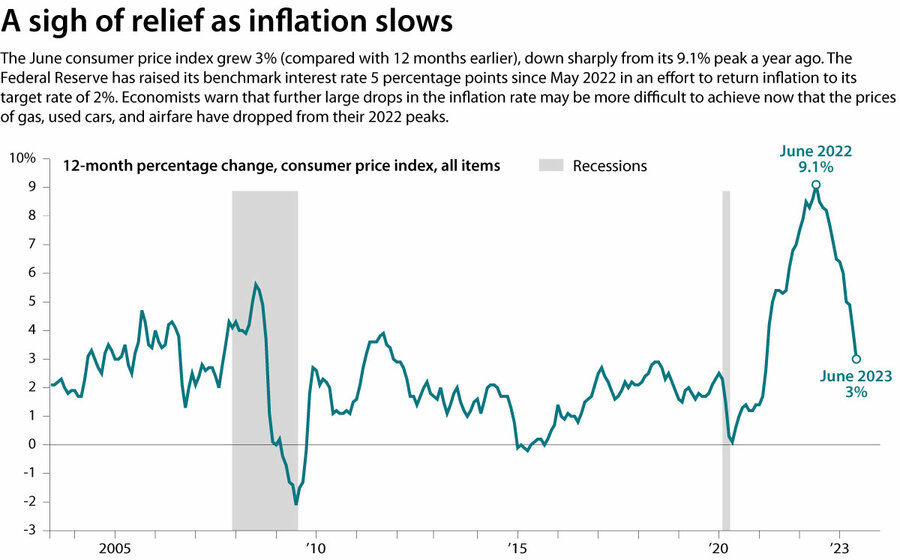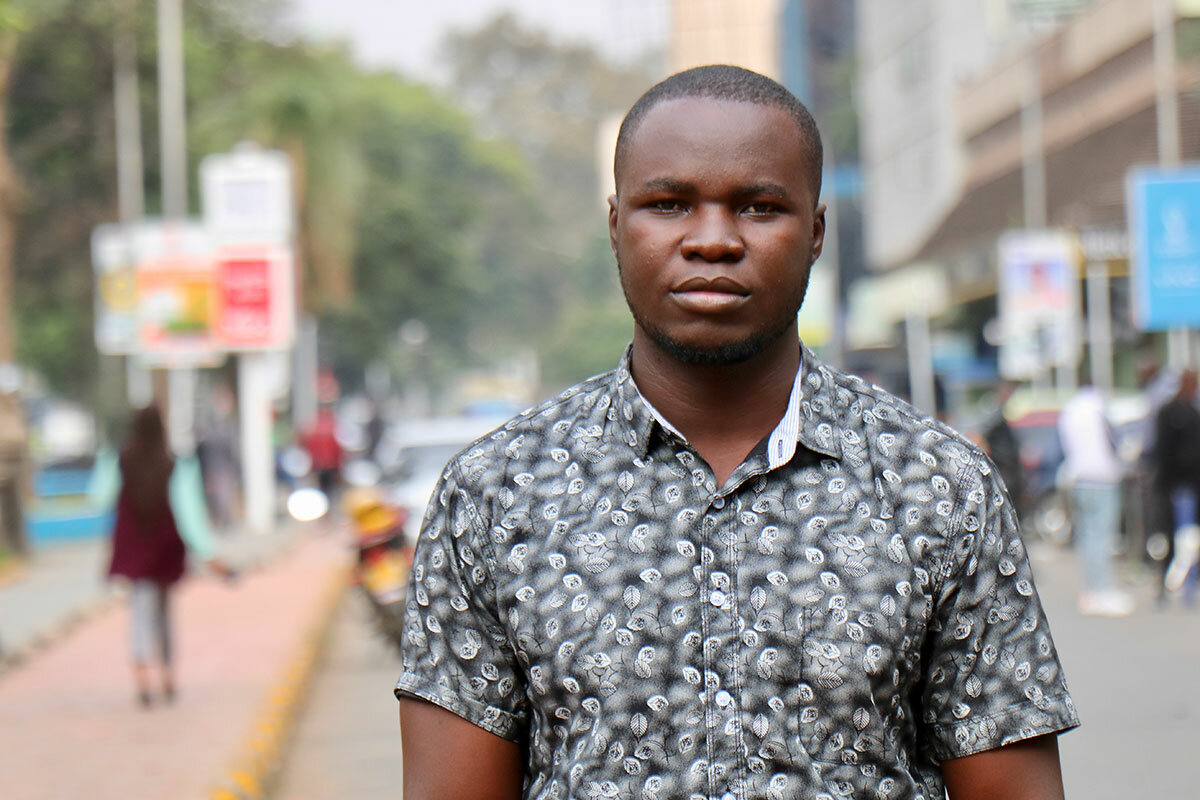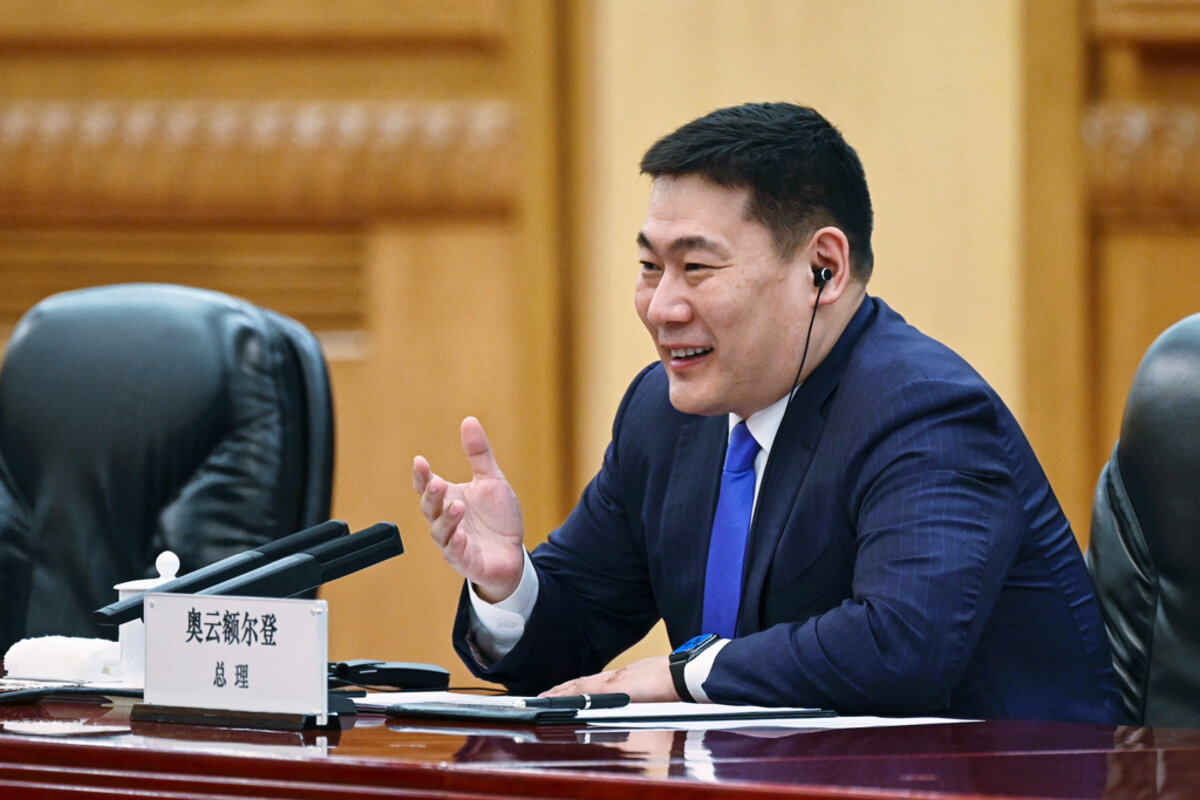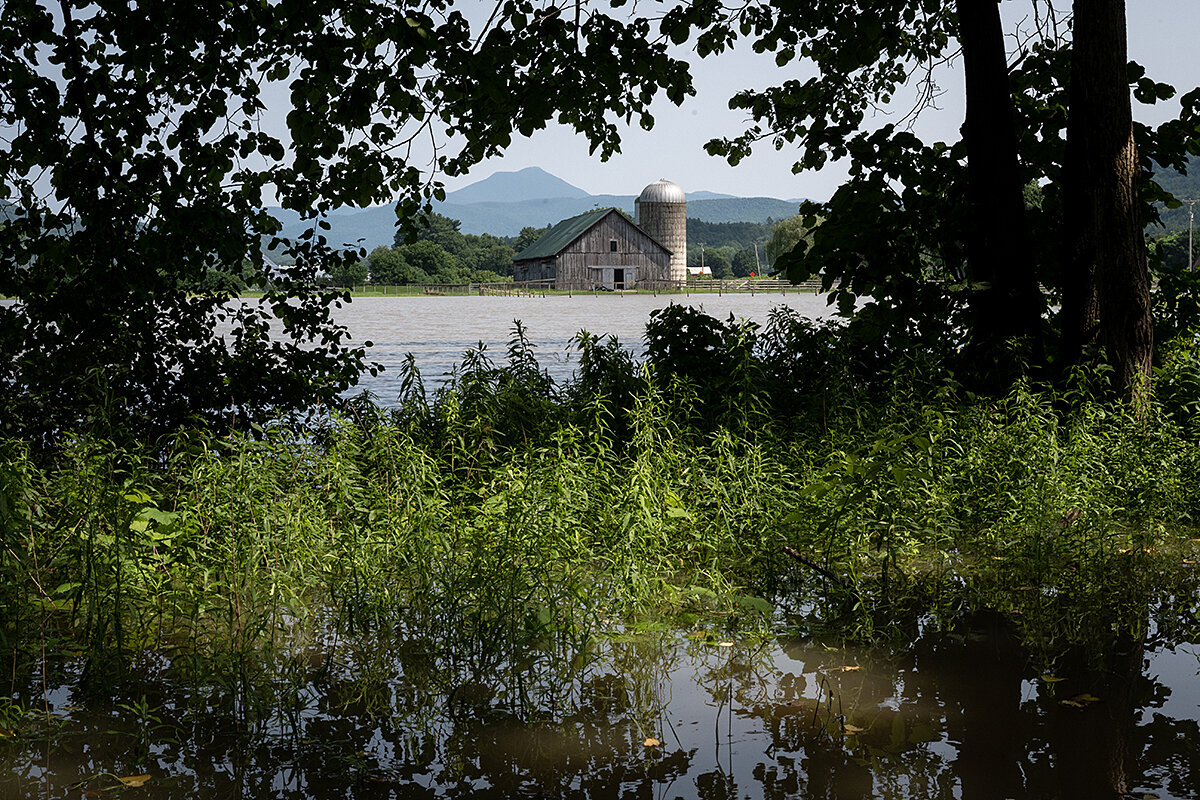Some ambitious Democratic governors appear to be laying the groundwork for presidential campaigns in case President Joe Biden can’t run or decides to drop out.
Monitor Daily Podcast
- Follow us:
- Apple Podcasts
- Spotify
- RSS Feed
- Download
 Simon Montlake
Simon Montlake
Earlier this summer, I watched a construction crew in the field behind our house in Cambridge, Massachusetts. A mechanical digger removed a strip of grass in the middle of the field, and a eureka moment came.
“They’re building a crease,” I told my wife.
She was mystified. But I was elated. A crease is the centerpiece of a cricket pitch. It’s where batters at either end defend their wicket against bowlers. It’s the equivalent of the pitcher’s mound and home plate in baseball, with fielders arrayed around it in 360 degrees. So, when you see a crease on a field, you expect to see cricketers.
I grew up playing cricket in London and it reminds me of home. Today the biggest cricket audience is in South Asia, where big matches can bring cities to a standstill. The sport is also popular in the Caribbean, Australia, and New Zealand.
In the United States, cricket has yet to find a home. But cricket-loving immigrants are trying to change that. On Thursday, the first ball will be bowled in Major League Cricket, a fledgling professional league that’s holding its first tournament. Six teams will compete in 19 matches, played mostly at a former baseball stadium in Dallas. Indian American investors have stumped up the seed money for the competition.
Several U.S. cities already have amateur cricket leagues supported by immigrant communities. Our local field now hosts weekend matches between all-Indian teams. Their cries, and the thwack of balls and bats, fill the morning air. My son watches, intrigued by a novel sport. But he’s sticking to baseball, for now.










